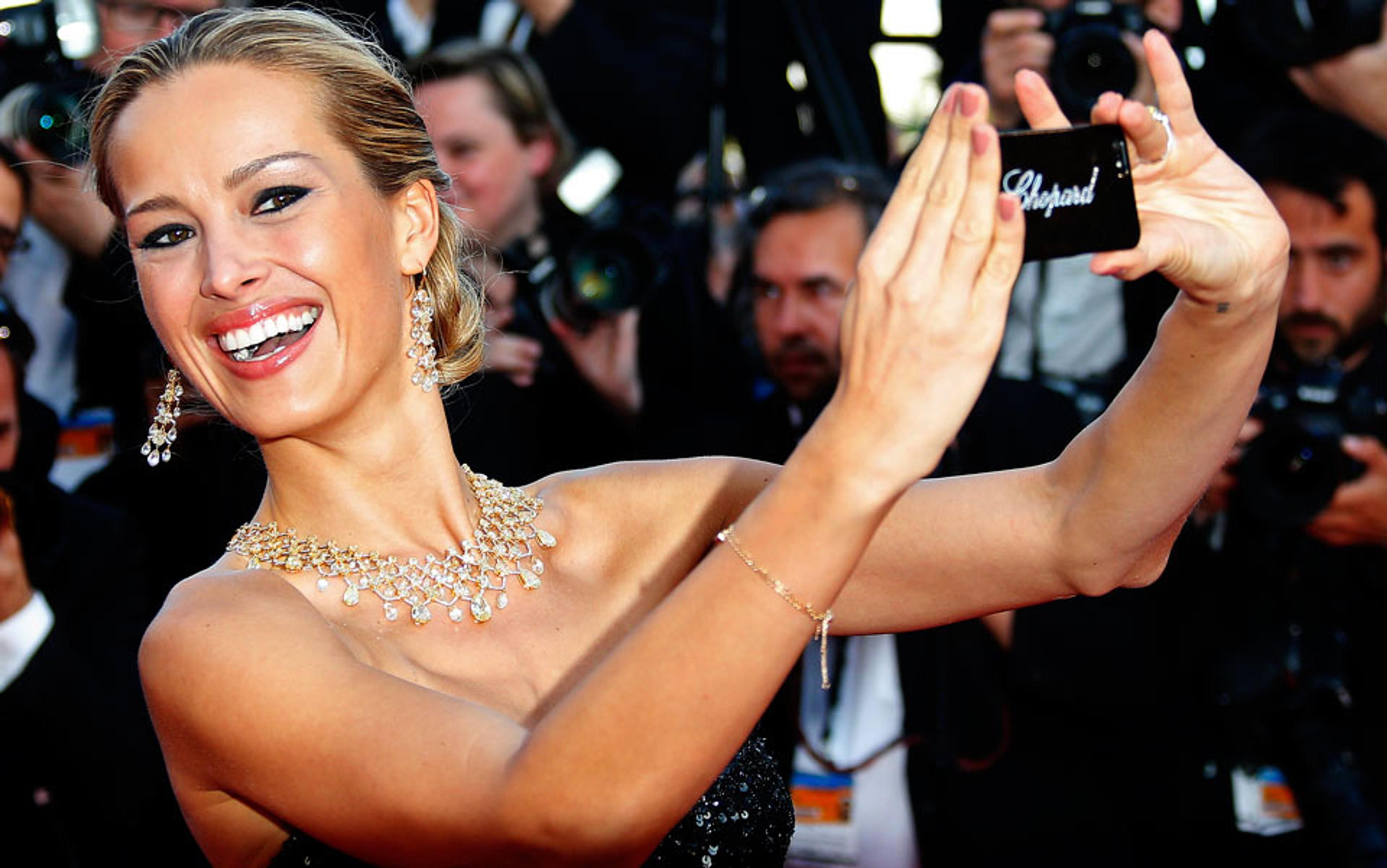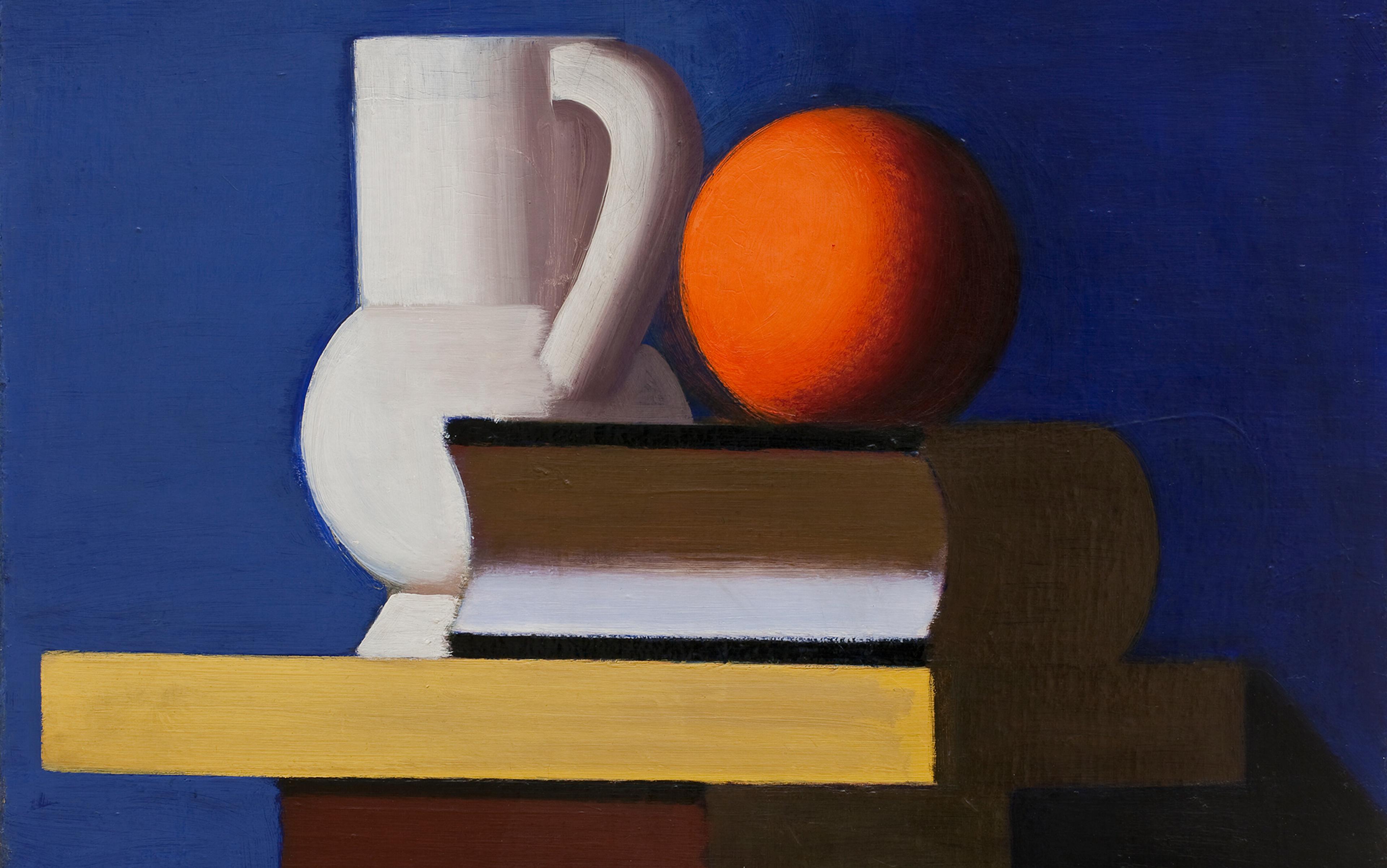People often seem to talk of self-respect, self-esteem, pride and vanity as if they are interchangeable, never mind the nuances of amour-propre, conceit, self-absorption and narcissism. We might talk about the ‘me’ generation, the addiction to selfies, or the overbearing politician in any of these terms. But this ignores their important differences, and threatens to flatten out all the interesting contours of the landscape of the self.
The English poet John Milton offer a useful starting point for discussing these notions. He thought, rightly, that a ‘pious and just honouring of ourselves’ was essential to us – ‘the fountainhead whence every laudable and worthy enterprise issues forth’. Writing in an essay on church government in 1642, he called for sufficient self-respect or self-confidence to fit us for the undertakings that enrich our lives or those of others. Too little of it, and we would shrink away from things that we might well need to do. Too much, and we start doing things that we are not actually fit to undertake.
Milton was talking of modest self-confidence, enough to give us courage to face problems and tackle difficulties. Today we might think of it as having appropriate self-esteem, and it ought to be one aim of a good education. But here we need to add an Aristotelian caveat. The root idea behind the concept of esteem is that of an estimate. In nearly all contexts it is better not to estimate things too highly or too lowly, and it is the same with estimates of the self. If I estimate myself too highly in most respects, I am likely to head for a fall: literally if, for example, I think I am a better climber or horse-rider than I am, but metaphorically in almost any other respect.
It is surprising then that popular wisdom seems to treat high self-esteem as an unqualified good, a cocoon that cannot be too warm or too comfortable. Damaging a child’s self-esteem, for instance, is often taken to be a crime second only to gross abuse. Yet if a child is persuaded that she is a better football player, violinist or mathematician than she is, then bewilderment, disappointment and perhaps resentment rapidly await her. There are ironies here that lie in wait for the inept parent or teacher. Relentlessly egging on the child, asserting that she can do better (the ‘Tiger Mom’ syndrome) might be designed to foster self-esteem, but is at least equally likely to foment its opposite, when failure bursts the bubble. The British Library lists over 10,000 books under a search for ‘self esteem’. The oldest, from 1869, is interestingly titled, A Rebuke to Self-Esteem; after that there is an almost total gap until 1969, when the industry really began to take off. It would be interesting to know how many of them emphasise the pitfalls each side of the Aristotelian mean.
If self-esteem is generally over-valued, then pride – the root of all evil, according to the Christian tradition – is not so often praised, unless the pride we take is in other people. Yet there is such a thing as proper pride: the pleasure one might legitimately take in having done something good, or having succeeded in some difficult enterprise, or in having at least some of the qualities that one admires and respects in other people. Pride such as this prevents us from ‘letting ourselves down’. At its best, it ensures that we aim to do things well, in ways that deserve the respect of others. Pride is offensive only when it tips into an elevation of one’s self above others, and a corresponding contempt for them: arrogance, in short. That kind of pride takes us towards the final excess of self-love, narcissism.
But where does vanity fit in? The proud person might take pleasure in having done something that deserves to be admired, but to the vain person the admiration itself becomes the goal. Vanity is greedy for the admiration of others, regardless of whether the admiration is deserved: the vain person enjoys being flattered, even if the flattery is hollow. Vanity is often the consequence of a fragile self-esteem – a fear of falling short in the eyes of others that results in a constant demand for reassurance. As such, it is often a better target for sympathy or pity than for censure. This is surely true of the teenager obsessively posting selfies or social media updates on the minutiae of their lives, hoping for their friends to cheer them on. Proper pride, we might note, can stand in the way of exercises of vanity. It can prevent one from stooping to solicit praise or flatteries.
In the 1750s, Jean-Jacques Rousseau popularised the term Amour-propre to label a concern with one’s comparative status or position measured against that of other people. In times gone by, it might have been a case of ‘keeping up with the Jones’s’ but these days it is more likely to be obsessing over the meanness of our own lives compared with what we imagine to be the lives of celebrities. For Rousseau, such a concern is inevitably poisoned with vanity but, worse than that, it is typically accompanied by contempt (looking down) and envy (looking up). It is never present, he claims, ‘without arousing some measure of hatred against those who dispute our claim to the first place, were it only in our own estimation’. This might often be true, but for those who are less competitive it could just result in a depressed feeling that their own lives are rather miserable.
we are mirrors to each other. We are easily wounded by finding that, in the gaze of other people, we are not quite as we would like to be
Rousseau never tires of railing against the evils of amour-propre, and in his influential book on education, Émile (1762), he outlines with great care the way to bring up model children who are entirely free of it. His ideal student aspires to a solid independence from any comparison with others.

Although Rousseau is right to warn us off contempt or envy, he arguably exaggerates the benefits of this complete independence. For surely it is pardonable to take proper pride in having done something well. That would mean having done it better than might have been expected, and that in turn involves an implicit comparison with what is normal to other people. I should only take pride in my swimming or running if it is some way beyond what is normal or mediocre. We are essentially social, and sociable, animals. Philosophers have always noticed that we are mirrors to each other, and we are easily wounded by finding that, in the gaze of other people, we are not quite as we would like to be. In A Treatise of Human Nature (1739), David Hume gives the wonderfully down-to-earth example that ‘a man will be mortified, if you tell him he has a stinking breath; though it is evidently no annoyance to himself’. Rousseau forgot the virtues of the Aristotelian mean in these matters: a little, but not too much awareness of one’s standing seems to be the ideal.
If vanity is overly concerned with the admiration of others, and often arises from a more fundamental insecurity, conceit takes us in the other direction. It means having a sufficiently high opinion of oneself to have no need of the applause of other people. The conceited person is so sure of himself that reassurance from others become irrelevant. It is annoying in a way that vanity is not since, by ignoring the voices of others, the conceited person tells them that they do not count; they are as nothing to him. Arrogance, pig-headedness, and overweening self-confidence and hubris mark the path of conceit. It is the typical vice of politicians, surrounded by courtiers, constantly flattered, and all too often self-deceived by their own claims to leadership, wisdom, insight and ability.
So finally we get to narcissism, where self-love has driven out all other social emotions and concerns. The narcissist is not so much conceited – where there is a relationship of arrogance or contempt towards other people – as solipsistic, or in a world where he is the only person. Thus in the original myth, the only voice that Narcissus hears is that of the nymph Echo: in other words, his own voice thrown back at him. Others are invisible and inaudible. And we are told that eventually the erasure of other people kills Narcissus. In his self-absorption and self-obsession, he is as good as dead.
So which of these syndromes is most prominent in the modern world, and which is the most regrettable? What I have called conceit, or arrogant self-confidence, certainly stalks the political world, but also the business world. A 2005 survey of top business managers in the UK, published in the journal Psychology, Crime and Law, showed them scoring higher on various tests of psychopathic personality disorder than a comparison sample drawn from Broadmoor – the UK’s principal secure facility for the detention of the criminally insane. According to the report: ‘at the descriptive level this translates to: superficial charm, insincerity, egocentricity, manipulativeness (histrionic), grandiosity, lack of empathy, exploitativeness, independence (narcissistic),… rigidity, stubbornness and dictatorial tendencies (compulsive).’
Of course, compulsive dictatorial tendencies and the rest have existed throughout human history: Caligula and Genghis Khan would have found nothing to surprise them in Stalin, or for that matter in Gordon Gekko, the spokesman for the ‘greed is good’ culture in the satirical film Wall Street (1987). But perhaps they remain outliers: not many people are like them, and there is no reason to believe their representation in society is any greater, or any less than it ever was.
Theorists have differing degrees of confidence in the concept of human nature – when interpreted as a shared set of psychological dispositions characterising all human beings. One thing most would agree on, however, is that there cannot have been any significant shift, in historical times, in any such nature. Evolution has had too little time in which to put us in a different mould from our predecessors.
But what can shift in different circumstances is what we expect from each other. Cultural shifts explain why we differ from the bloodthirsty spectators of Roman sports, the hedonists of Regency England, or the stern transcendentalists of 19th-century Massachusetts. So while it is easy to preach against vanity or conceit, amour-propre or narcissism, it might be more illuminating to ask what our present times are contributing to the atmosphere in which such traits take one form or another. If society fawns over wealth, then vanity will be gratified only by wealth. If it fawns over philanthropy or public spirit, then vanity and pride alike will align with those. If it admires and envies celebrity, then those with insufficient pride or self-esteem will fantasise about being celebrities, and become discontent with their humdrum lives.
there are cultures in which it is poor form to shout that you are a taller poppy than any other
Looking at contemporary culture through this lens is not all that encouraging. It would be nice to find that social standing varies only with virtues: integrity, courage, ability, benevolence, justice, intelligence. And celebrity and wealth are poor substitutes for those. It will, of course, suit those who stress the virtue it took to get them where they are, so that their high standing reads a measure of what is due to them (‘Because I’m worth it’). The support it took, or the trickery to climb the greasy pole, or the sheer luck, are quietly forgotten.
If culture shifts one way, it can also shift back. Is it possible to imagine a reversal, so that something approaching a social contract, or a feeling of public spirit, a contempt for indecent expenditure, an embarrassment at vulgar display, or simply a desire to leave as modest a footprint as possible, begins to take over our sense of what we can expect from ourselves and others? We know that there are cultures in which it is poor form to shout that you are a taller poppy than any other.
But perhaps, above all, we should encourage the joyous, subversive spirit of mockery. If there are few things more awful than the arrogance and hubris of conceit, is there anything more ridiculous than a display of vanity? The word itself carries its own condemnation (Latin: vanus, empty; vanitas, emptiness). We can learn not to care about display, and not to crave the admiration of others. We could even learn to display fewer selfies.
Mirror, Mirror: The Uses and Abuses of Self-Love (2014) by Simon Blackburn is published via Princeton University Press.






